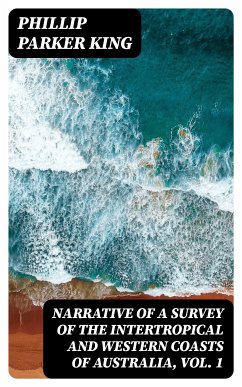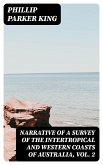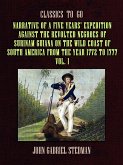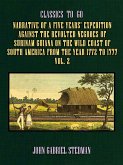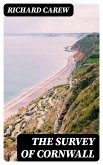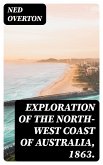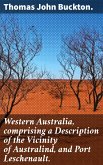In "Narrative of a Survey of the Intertropical and Western Coasts of Australia, Vol. 1," Phillip Parker King delivers a meticulously detailed account of his explorations along Australia's coasts in the early 19th century. King deftly combines scientific observation with narrative storytelling, providing readers with a vivid portrayal of the landscapes, flora, fauna, and indigenous cultures he encountered. His writing functions within the broader context of European exploration and imperial ambitions, capturing both the wonder and complexities of navigating uncharted territories during a pivotal era in Australian history. Phillip Parker King, a prominent figure in naval exploration, hailed from a family deeply rooted in maritime pursuits. His background and extensive training in navigation and cartography fueled his dedication to understanding and documenting the Australian coastline-an endeavor that was both personally ambitious and essential for expanding British knowledge of the region. King's experiences and reflections reveal the intricacies of mingling scientific intent with the ethics of colonization, shedding light on the interplay of human ambition and the natural world. This volume is highly recommended for those interested in exploration narratives, Australian history, or the evolution of scientific thought in the age of discovery. Readers will find King's work not only enlightening but also vital for understanding the roots of Australian identity and the challenges faced in the pursuit of knowledge and discovery.
Dieser Download kann aus rechtlichen Gründen nur mit Rechnungsadresse in A, B, BG, CY, CZ, D, DK, EW, E, FIN, F, GR, H, IRL, I, LT, L, LR, M, NL, PL, P, R, S, SLO, SK ausgeliefert werden.

